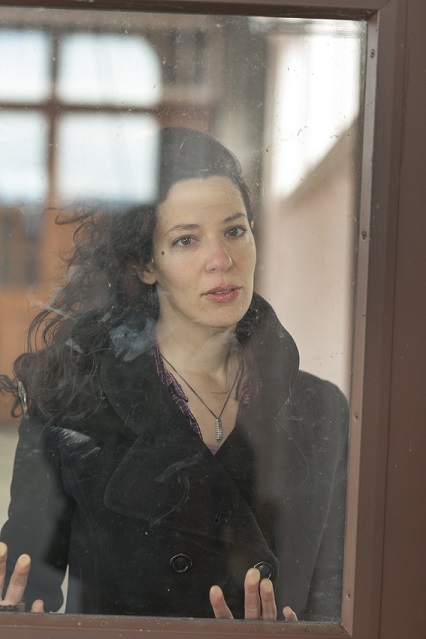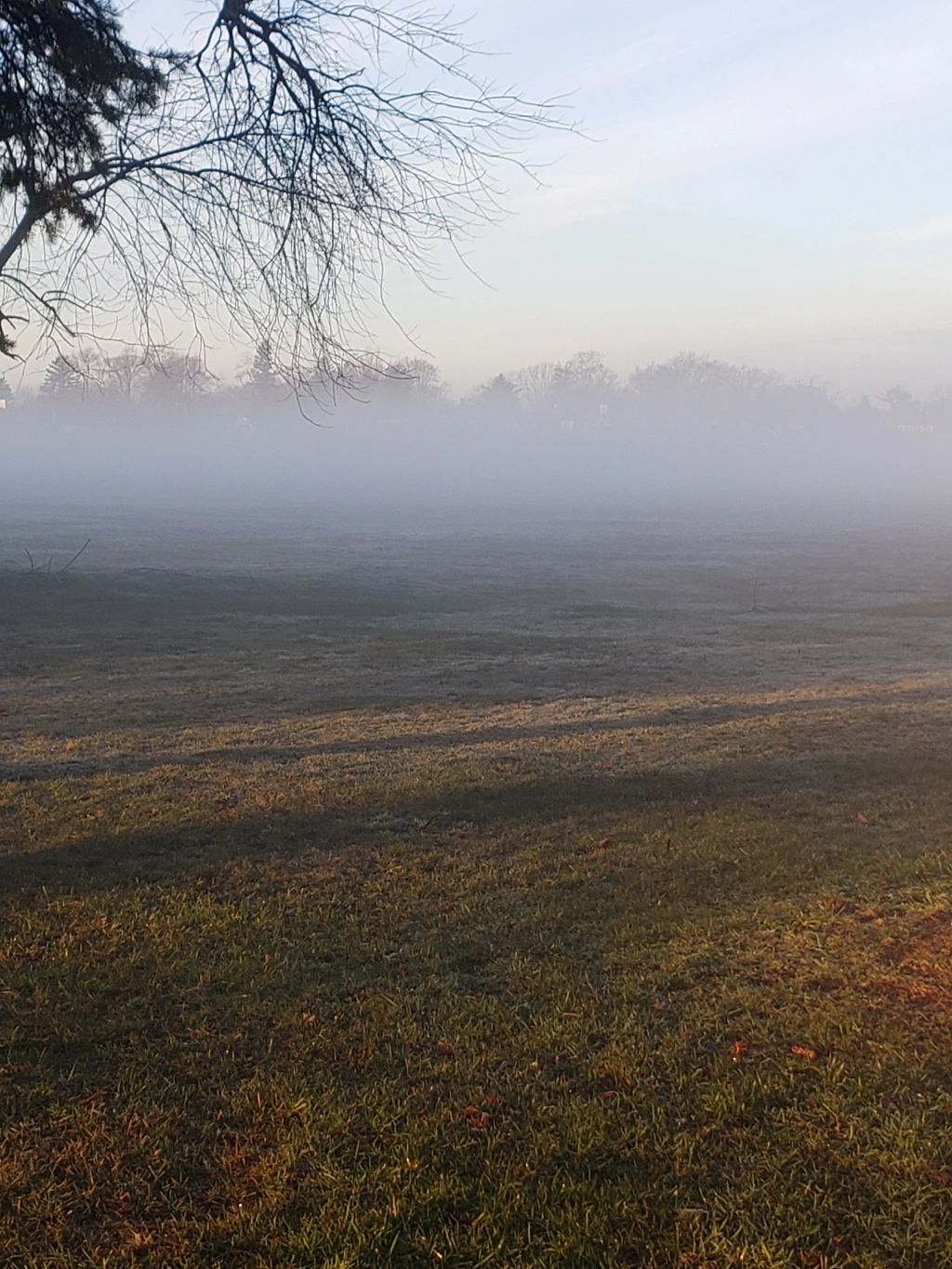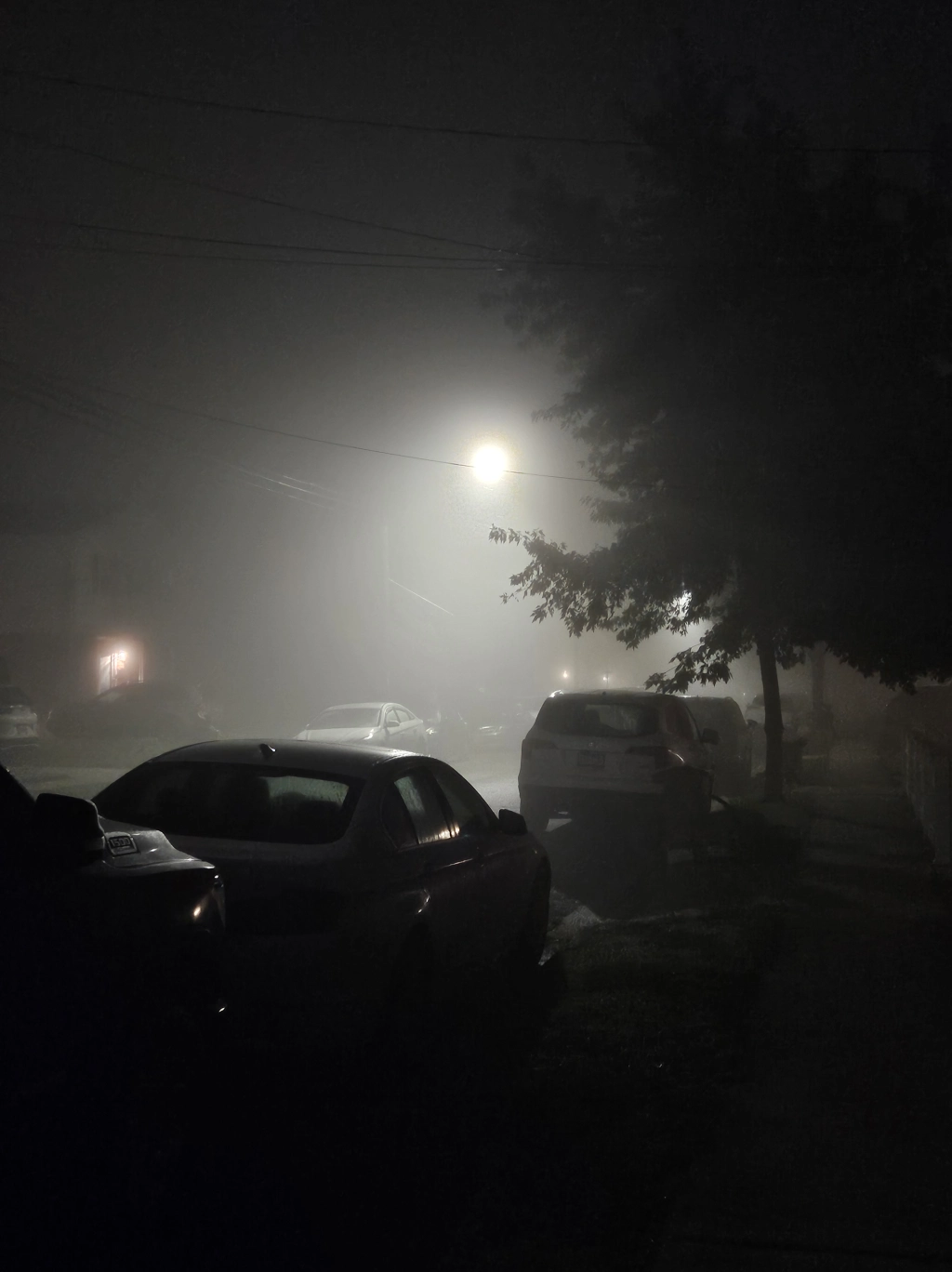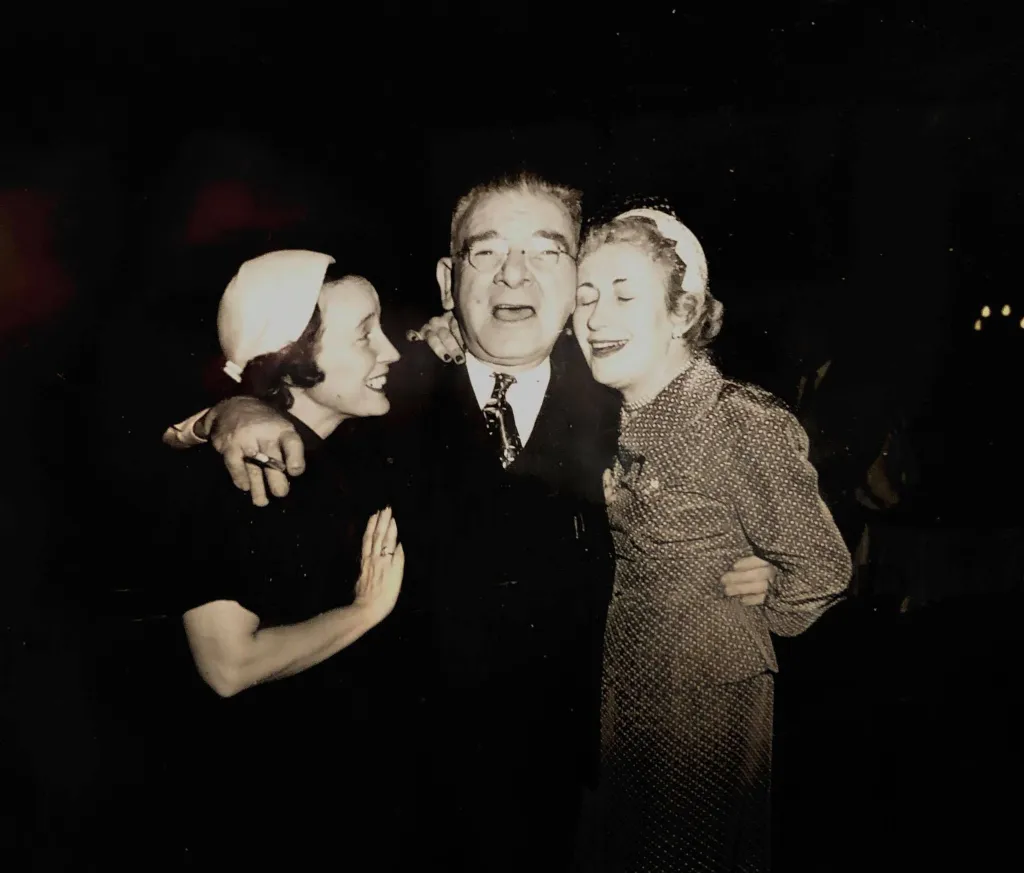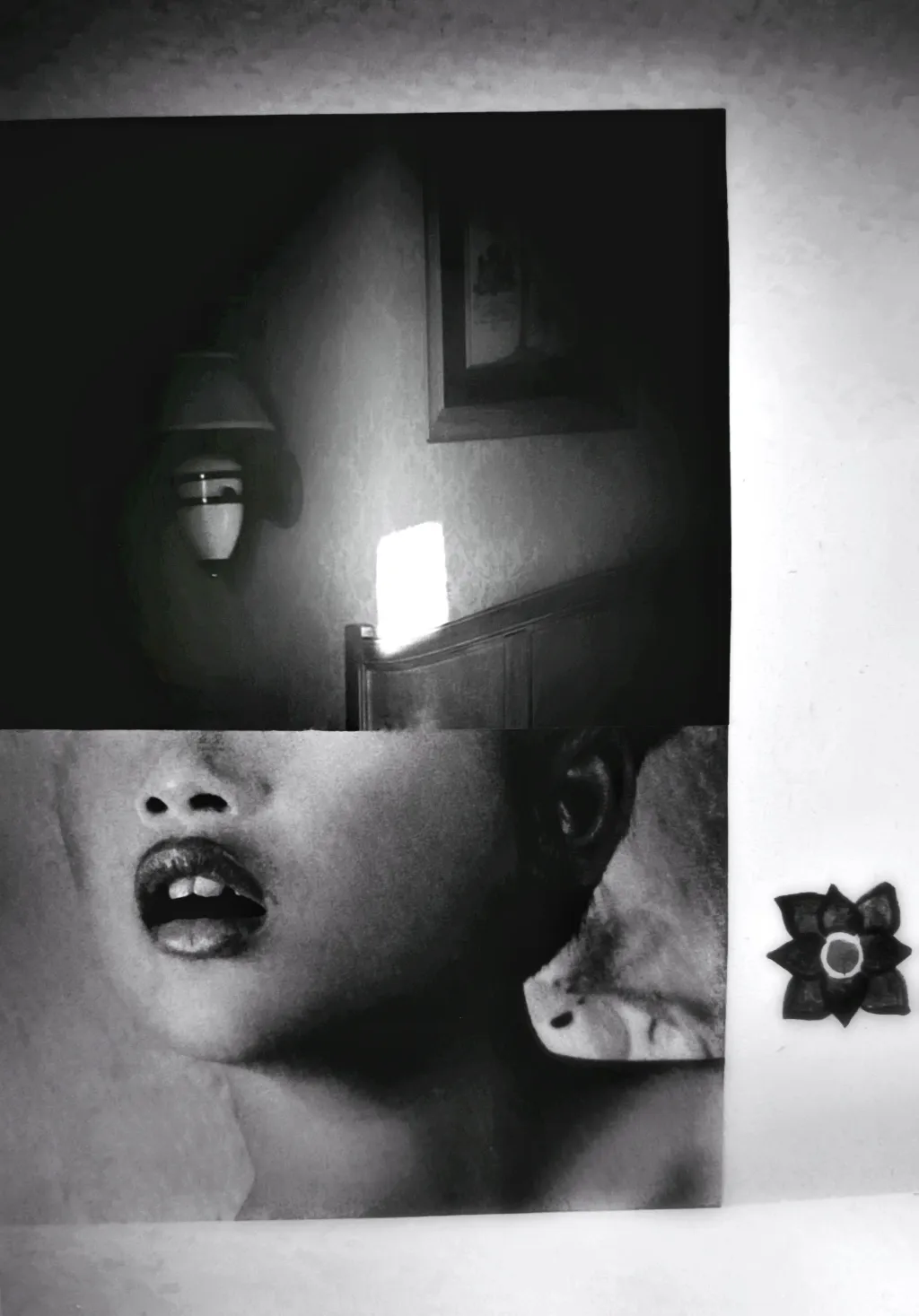I started reading Elisa Albert’s new novel, After Birth, in a mammography office. It was my first visit. My grandmother had died of breast cancer. I was a little freaked out, but figured it would be no big deal. Considering my family history, the doctor said, “early detection is advised.” Just another experience that women have to go through.
So I waited and I read.
From page one, I was immediately invested in the world of the novel and felt a kinship with Albert’s first-person narrator, Ari. The mother of her first child, Ari is far from blissful. She is in a postpartum haze of isolation, fear, and anger. For Ari, motherhood is full of surprises that sting rather than delight. I could relate to Ari in my moment of mammography terror.
On my second trip to the mammography office for an ultrasound, I was ushered into a small room with soft lighting, pastel couch and chair, to meet with a Compassionate Care Counselor. Boxes of tissues sat on adjacent side tables, and a framed needlepoint print on the wall read, “Today is the first day of the rest of your life.”
We’ve all thought about this room. We know what it implies, what it’s used for. Like Ari, I felt alone and terrified and pissed off. I couldn’t stop shaking.
Long story short: a mass in the right breast, probably nothing, but calcifications in the left, which could be any number of things, some benign, some the big C. Time for biopsies, two scheduled for the next day.
The worst of the two was a Stereotactic Guided Biopsy. Basically, the breast is pressed into a device that flattens it like a pancake, and then another clamplike mechanism comes down and around the breast to insert and hold the needle and tube. Next, Lidocaine to numb, followed by a slice in the skin to fit a five-inch needle and a clear suction tube. Finally, they suck the cells through the tube like a vacuum cleaner.
“It looks kind of like chicken fat,” The nurse said.
Indeed, it did.
“I can’t believe you’re watching,” she said.
I was sent home to wait. Like Ari, I felt like I was drowning.
“The waiting is the worst part. Try to think the best,” the technician, Angel, said with her superpositive attitude.
As I finished the novel, I thought about how Ari’s story made me feel better while I waited.
Five long days later, I found out that I probably (probably!) do not have cancer, and the docs want me to get rechecked in six months. Nothing in life, and certainly none of these singular female experiences like childbirth, motherhood, and mammography, are simple. Albert’s novel explores the complexities of motherhood and life through Ari’s raw and honest story.
I first met Elisa Albert, who also teaches at Columbia University, when she was my teacher and the first visiting writer in The College of Saint Rose M.F.A. in Creative Writing Program in 2013. The author of The Book of Dahlia and How This Night is Different, and editor of the anthology Freud’s Blind Spot (2010), Albert’s writing has appeared in such places as Tin House, Gulf Coast, Tablet, Los Angeles Review of Books, The Believer, The Rumpus, Time Magazine, as well as on NPR and in many anthologies.
Over a series of emails, Albert and I talked about the novel, how everything’s connected, “ye olde patriarchal machine,” and unringing the bells of dysfunction and toxicity.
I wanted to express my gratitude to you—so, thank you, indeed—because After Birth delivers this female protagonist, Ari, who is so unencumbered, honest, and gritty at times, while still being beautiful and sexual and interested in her own selfworth and place in the world, not just as a mother but as a woman. And she’s absolutely spinning. Do you think it’s crazy or problematic or just bullshit that there’s still this issue in twentyfirst century society that women are not necessarily expected, or even allowed, to be all of these things that Ari is, that there’s still this expectation for women to act a certain way and behave a certain way and look a certain way?
Anytime we refuse to be onedimensional we’re throwing a wrench in ye olde patriarchal machine. It’s up to us to express ourselves fully, to not deliver that cardboard-cutout, easy-good-demure little girl bullshit that’s expected of women. Maybe we’re afraid of being smart, because it’s threatening and possibly we won’t be loved if we’re too smart or some ancient bullshit. Maybe we’re truly scared to be fullblooded in our expressions because there has for thousands of years been a very real threat to our freaking lives if we said something the dominant culture didn’t like. But I guess I feel safe enough (thank you, I guess, mom and dad and feminist foremothers and spouse and era) to not give a shit. Yes, in other words, I think it’s ridiculous that anyone in this day and age would still be reluctant to grant women full range of emotion and experience. Fictional women, even! Climb back into your girdles and shut up and like it, ladies.
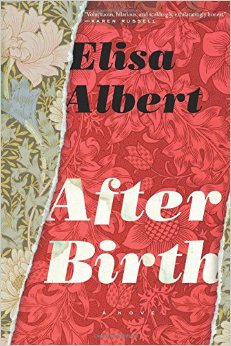
I love the scene when Ari and Mina go to the mill and Ari is so aware that she’s in this abandoned wreckage with broken glass everywhere that is so outside of the perfect “mommy and me” place to take your baby, but that’s precisely why I love her so much. She’s not typical. Still, it makes me question and want to ask you where you think these constructs come from, and, as you said in your interview with NPR that “It doesn’t have to be this way.” What do you think the better way is? What does it look like?
The instinct to protect our kids, to put them in a bubble and make sure the harsh elements of the world don’t apply to them, that’s ingrained. We want the best for our kids. Of course we do. We want to save them from how we know things are. We want them to live in a better world than this world. We want to spare them the mistakes we made, the mistakes our own parents made. We want their food to be organic. We want the things that touch their skin and go into their mouths to not give them cancer. Of course we do. But it’s not possible: this is the same world, one big place, and even if we have all the money and all the privilege, we are gross and icky and myopic if we pretend the rules of this world don’t apply to us.
No matter how superduper materialistic and micromanaging we might be, no matter how big the metaphorical or literal fence we build around our house, everything’s connected. The state of the world affects us all. We are morally bound to, like, read a newspaper once in a while and see OTHER WOMEN’S children as our problem. Take it personally when another woman or another child is in distress or harmed or abused or killed because of paradigms we accept as inevitable, paradigms it’s no fun to look at. The baby registries and baby showers and push presents and decorating the nursery and Pinterest, you know, whatever floats your boat. But if that’s taking up all your brain space, it’s a kind of superwasteful complacency. Anyway, life in a bubble usually backfires one way or another.
How did you approach this idea about women and fear and isolation, how women interact and relate to one another, and how much that really forms women’s identities? And why the hell don’t we support each other more, or even just inform each other more of the reality of birth and death and all of this crazy life shit? Where does this horrible impulse to hide the suffering come from? Especially since it doesn’t seem to happen to men the same way, right?
I think it takes extraordinary strength to be vulnerable. We learn very early how not to be vulnerable, because when we’re not treated well in vulnerability, we close up tight by necessity. It can take our whole lives to relearn openness, softness. That’s not about a male or female phenomenon, but yeah, in general it plays out differently among different genders.
I love how you include all of the girls from Ari’s past (Jenny, Rachel, Shane, Jess, and of course, Molly) and, certainly, that very important woman in Ari’s life, her mother, even after her mother’s death. At first, I was really drawn to how mean Ari’s mother was to her, though she may not have known just how awful she really was.
There’s a whole other novel that could be written about Ari’s mother. I can see finding a way to be really sympathetic to her. What she must have grown up with! It’s a NewAgey cliché, but it’s true: when you know someone’s whole story, you can’t hate her. And there is no such thing as an objective story. A story is by its nature subjective. There are endless, knotted narratives of everyone, every family, every friendship. I like trying to capture that, the extreme subjectivity. I don’t have much patience for fiction that pretends to be all fair and balanced. We have academics for that, historians, scientists, bless them. Storytellers need not pretend to be fair or balanced or objective. Storytellers, I like to think, are after the kind of truth that exists fleetingly, like a flash of light, that unexpected slant, something so specific and personal and off to the side of your field of vision. It’s like a kind of vandalism.
So Ari’s mother is a sort of villain for her. But that’s hardly the whole story. It’s a corner of the story. Every story exists within something much larger. A larger story. A huge web of stories.
There’s this keen awareness in Ari of how girls and women learn to interact with each other, read each other, judge each other, compete with each other. To me, that seems like the impetus, or at least a big part of it, for Ari’s isolation, fear, anger, and loneliness. Do you think that’s accurate? Did that influence the process of writing the book? How did you imagine her in this way? Do you think that women from seemingly healthier female upbringings have a leg up? Or are we all just fucked up in our own way?
I think I’m particularly interested in how isolated or separate Ari feels from the “normal” or “typical” girls and moms, and, let’s face it, she does seem smarter than them, so I wonder how you approached creating these crucial details of Ari’s history and identity that have such a big influence on her character development, on who she is?
I was listening to the Ani DiFranco song “This Bouquet” a lot. “If it weren’t for my brain I’d just go over and make friends; too bad about my brain ’cause I’d like to make friends.” That line was my loop for Ari. She wants very badly to be connected to other women, but she’s had her hand slapped away so many times, and now she’s all fucked in the head about it. How do you un-ring that bell? That whole painful history of abuse and dysfunction and toxicity? She’s supersmart in some ways and very stupid in other ways, like all of us. Yes, I think women with “healthier” families/moms have a leg up. It comes down to: Do you feel safe in vulnerability? Is your personality rooted in feeling safe in vulnerability? Or… not?
Lucinda Rosenfeld wrote this great novel called What She Saw In… about all the guys this central female character had been in love with from like second grade into her midthirties. I liked that book, but I can remember thinking, guys, yeah, okay, sure, whatever, but I was more obsessed with my female friends, with the whole lineage of them. They haunted and hurt and thrilled me way more than any guy. An adolescent obsession with a guy ran its course and flamed out and whatever, on to the next, and what did I ever see in him!? The girls stayed with me in a different way.
Stories are the answer. Listening to each other’s stories. Telling our own stories. I really do think everyone does the best she can. Things are complicated for everyone. It’s worth paying attention when you hear a woman going off on another woman: it’s a sign that she’s having a very, very, very terrible time of things, herself. It’s a sign that she needs help, and kindness, and support, stat. It’s a sign she is unheard and ambivalent and confused and lost and very lonely. There is not one way to go about things. There are not two ways to go about things. There are a hundred million ways to go about things. It is not “this” versus “that.” It’s a trap, that binary thinking, and nowhere do you see it more profoundly than with regard to motherhood. Are you this kind of mother or are you that kind of mother? Bullshit. Why are we falling for that? We have to exist in community or we’re fucked. That combative competitive thing is a nightmare for everyone.
Was your approach to writing After Birth different from your approach to your first novel, The Book of Dahlia? After Birth is so interior and voicey. Did you focus more on character than other elements of fiction craft? How did you conceive the wonderful symmetry with the architecture and setting in the fictional upstate New York town? These places that Ari is confined to, with animals scratching inside the walls and buildings burning and falling to the ground, serve as brilliant metaphors and add such a strong balance or counterpoint to her postpartum, depressive, trapped, angry state of mind.
I wish I had a satisfactory answer to that, but truthfully my state of mind when I began this book five years ago is lost to me now. Every book presents different challenges, and my process is pretty much groping around in the dark slowly until my eyes adjust and I can figure out what the hell is going on. The isolation was intuitive: I was a new mother myself in this new and very strange city. I felt like an outsider in my own life as a new mother/wife and an outsider in my new neighborhood. I felt like my “self” had been eradicated. I was very lonely and very cold and somehow kind of disembodied at the same time. I couldn’t quite believe I was supposed to just soldier on in that way, so lost. It seemed inhumane, and as I looked around and saw more and more of it, so much misery and silence and shame and poison between women, I thought: this is worthy of my attention.

Jennifer Austin’s work has appeared in Nailed and Metroland. Her one-act plays, Bitter Brunch and Exit, have been produced as staged readings at The College of Saint Rose.

